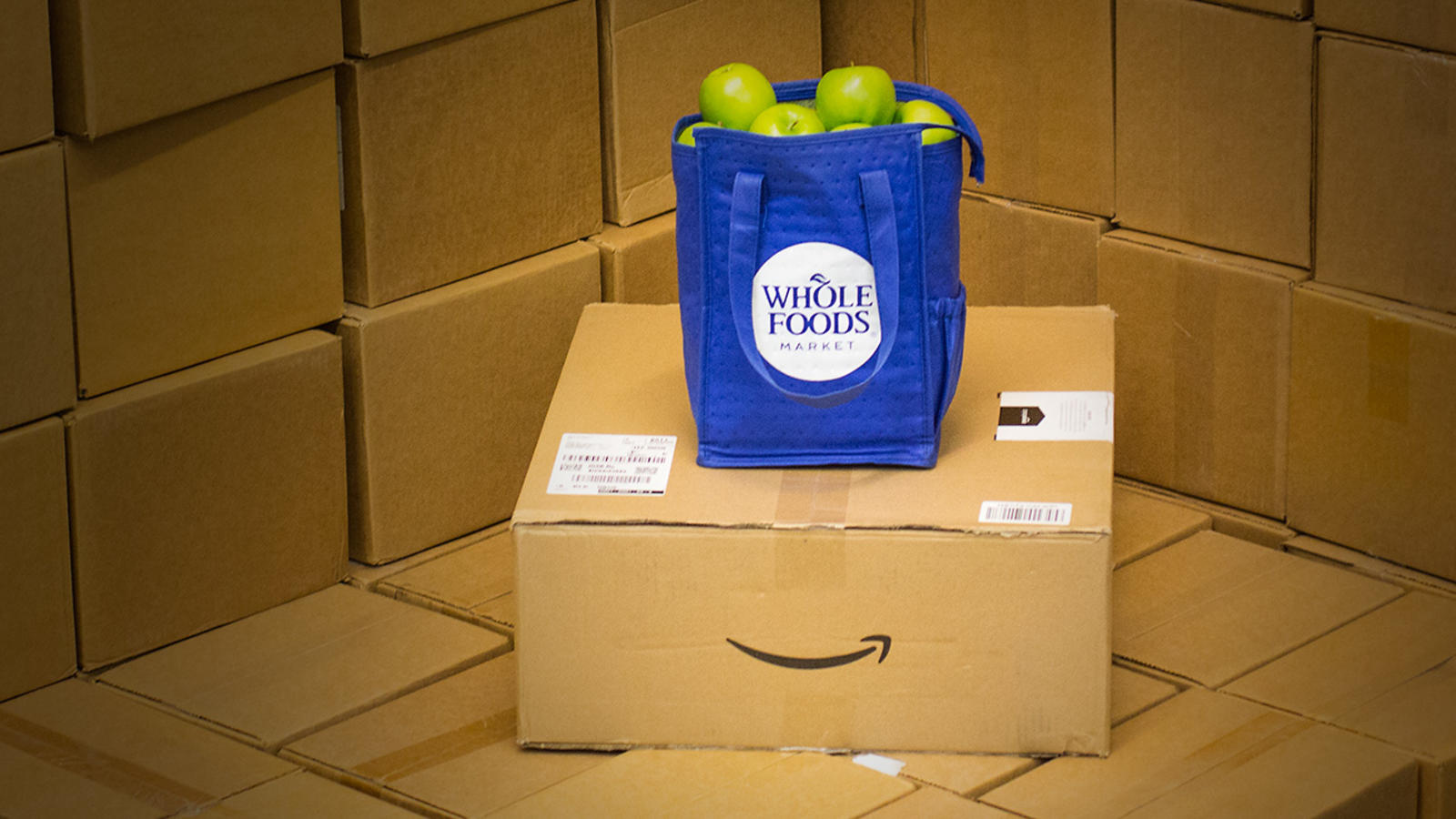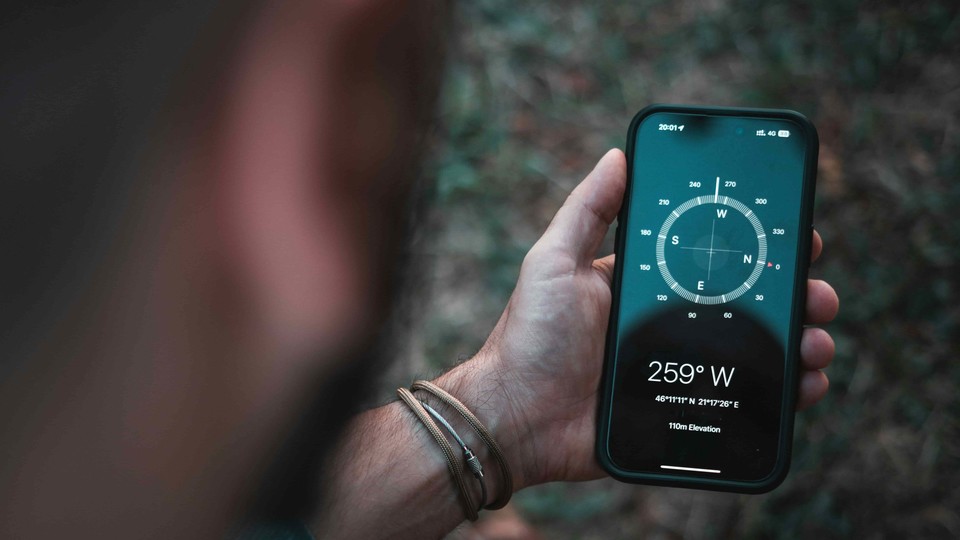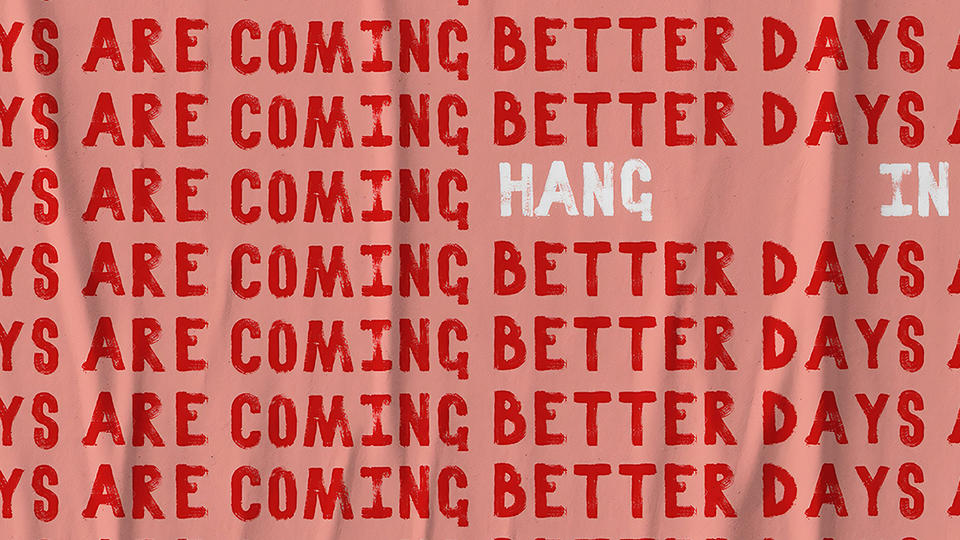
Culture Clash
Whole Foods and Amazon: Can Their Corporate Cultures Coexist?
By Claudia Feldman
Whole Foods and Amazon: Can Their Corporate Cultures Coexist?
A non-Trumpian tweet widely shared on the internet on Friday:
Bezos: "Alexa, buy me something from Whole Foods."
Alexa: "Buying Whole Foods."
Bezos: [expletive deleted]
Bezos, of course, is Jeff Bezos, CEO of Amazon, and Alexa is Amazon's virtual personal assistant.
The joke was about the day's biggest business news: Amazon, one of the world's largest online shopping websites just acquired its seeming opposite in Whole Foods Market, a pricey brick-and-mortar grocery-store chain known for its organic products and fancy-pants customers.
Will this new relationship go the way of United and Continental? Or prove to be a blissful match? Rice Business professor Scott Sonenshein offered his spin on the $13.7 billion deal that threatens to upend the highly competitive grocery industry.
Q: Why the big headlines today? Is this just another acquisitions story?
A: No. A predominantly online retailer is making further inroads into brick-and-mortar retail and continuing to change the way we shop and how we consume.
Q: Explain the differences between these two corporate giants.
A: Amazon is known as very cost-focused, very innovative, very high-tech, very frugal. Whole Foods, of course, offers premium products at premium prices and is sometimes called "Whole Paycheck."
Q: Can these two cultures coexist?
A: Time will tell. At the start, at least, Whole Foods will be run as a separate subsidiary and the CEO, John Mackey, is staying on. The grocery chain has a strong brand, the customer base tends to be affluent, and Amazon wants to learn.
Q: What makes for a successful acquisition?
A: You need an overarching vision. Amazon has been very clear that this is not about cutting jobs but helping to find new markets and new ways of connecting with customers. That should help to assuage the concerns of Whole Foods employees. I also think it's important to have transparent leadership and clarity about metrics and goals.
Q: Let's talk about some corporate match-ups that haven't fared so well.
A: What looks like a successful merger on paper can be a disaster in reality. Take United and Continental. There were two very different customer service orientations — one with a customer-centered culture that was almost sacred. At United, not so much.
I think we tend to underestimate the complexity involved in acquisitions. Maybe the Whole Foods employees don't have such a good impression of Amazon. Maybe they think Amazon employees don't share the same values. But look how Amazon acquired Zappos.com, the online shoe and clothing shop. Bezos let them run independently.
Q: What else can go wrong in these multi-billion dollar deals?
A: Focusing on the financials of the acquisition and not accounting for the cultures, the people and how their work will be transformed. And some problems are just hard to anticipate. At the end of the day, you're not just buying real estate but skilled workers. It's important to build trust. It's important to be transparent.
Q: How does this move reflect bigger industry changes? What is the elephant in the room?
A: We've seen a dramatic transformation in shopping and retail in the past couple of years — a whole host of bankruptcies, the closing of hundreds of stores and a large increase in the number of online transactions. One day we will reach the tipping point where the majority of shopping is done online.
I think the insight, the takeaway, is that traditional brick-and-mortar retailers are stuck with an outdated store footprint and have designed stores that increasingly don't make sense for the type of shopping that happens today.
And Amazon has a head start. They relentlessly study how people shop.
This country has more retail space per capita than any other country by far. But retail is increasingly dependent on technological innovation too, not just product.
Scott Sonenshein is a professor of management at Rice Business and the author of Stretch: Unlock The Power Of Less And Achieve More Than You Ever Imagined.
Claudia Feldman is a freelance writer living in Houston and editor of the Last Word, a service that helps people tell their own stories.
This article originally appeared online in Gray Matters.
Never Miss A Story


